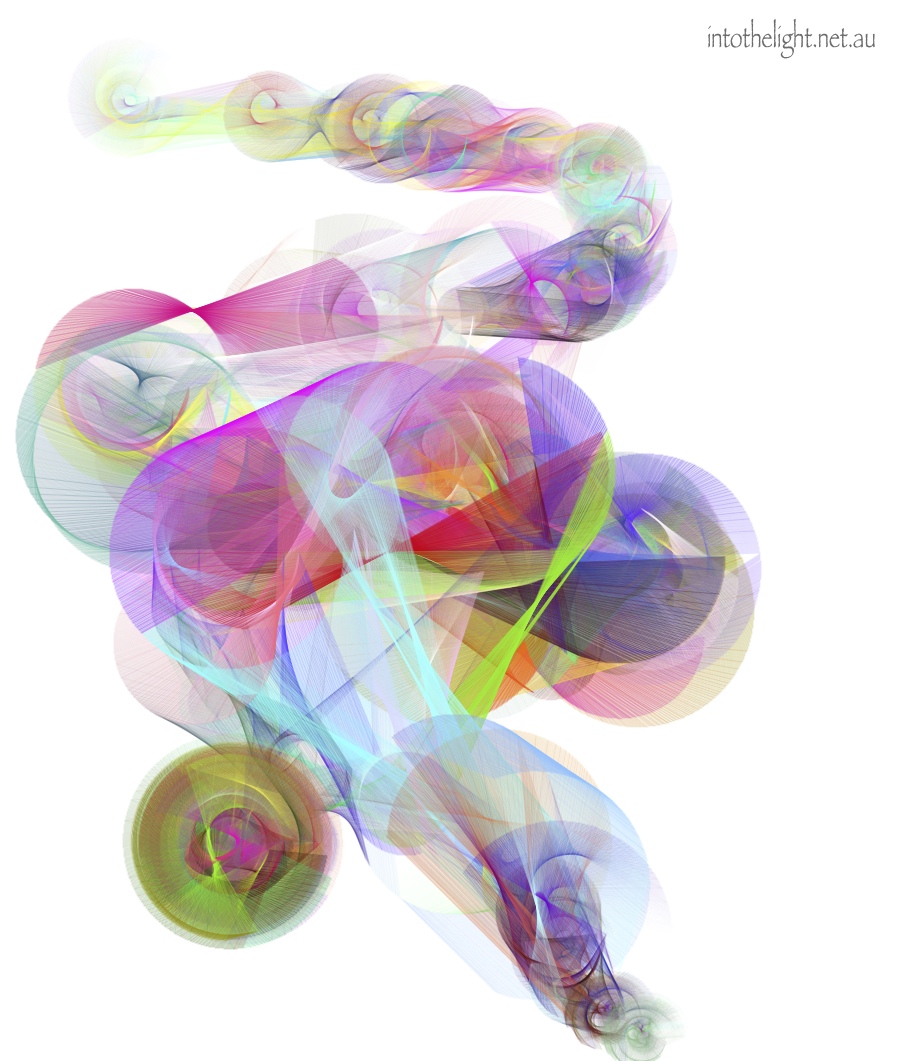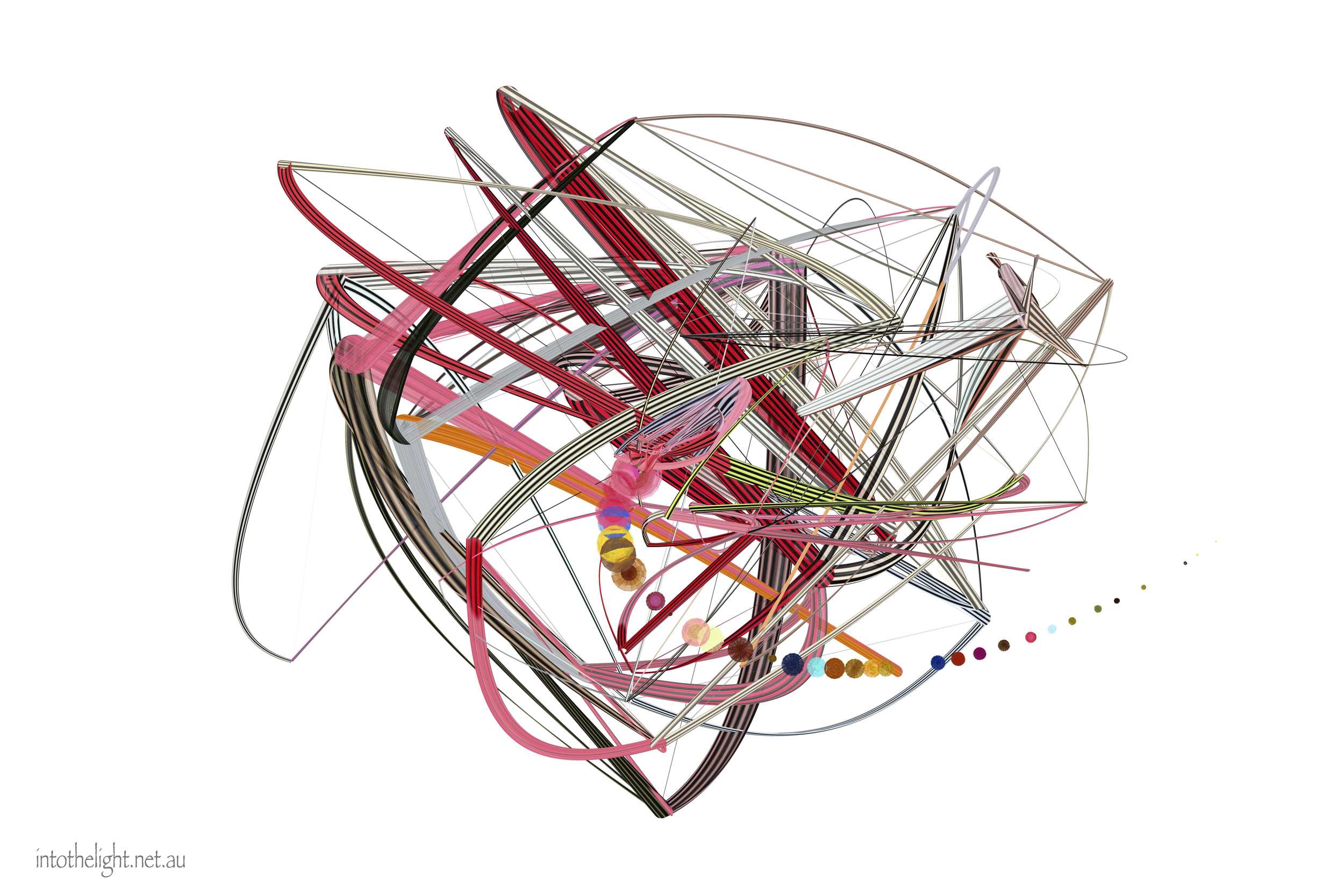
The 3-dimensional structures of our enzymes and other proteins are the essence of our vital flow of life. It is our DNA sequence that determines this structure, which in turn determines how efficiently we can process our cellular reactions......like our immune response, alcohol metabolism, sugar uptake, or just about any biological function you can think of.

Enzymes are a catalyst and therefore by definition do not get consumed in our cells immense chemical processes. Rather their unique structure is purpose-built to hold our vital chemicals in place to help speed up these connections.
Where we are deficient or overactive in enzyme capability is often where we will struggle in our lives, some examples are hemophilia, allergies, diabetes, or how efficiently we remove toxins.

Our cells are highly selective in what they will allow inside. The cell membrane uses several layers of various water based and oil based compounds to form a semi permeable barrier.

The Immune response to infection uses a vast array of proteins to tag, identify, attack and neutralise foreign bodies. The quicker and more powerfully our genes are at switching on these specific DNA sequences that code for our immune proteins.............the better chance we have of overcoming infection and disease.

When we get sick it means that our immune system is literally overwhelmed. The time it takes for us to get well is the time it takes for our immune response to take back the initiative and overwhelm the invader. Upon first time infections 14 days is the usual peak response for our immune arsenal.
The immune system has an inbuilt memory function for foreign bodies, so that next time, upon secondary infection the response will be much quicker. The premise of how vaccination work.

Essential minerals are essential because they comprise the key building block of our enzymes unique structure. They form what is called the Active Site, literally where the reaction takes place.
Iron, Magnesium, Manganese etc all act as key elements in shaping our enzymes to lock in and hold key compounds in place so they can combine into useful components at a greatly accelerated rates.

For example hemoglobin is a protein that uses the element Iron to form a unique structure that binds oxygen, facilitating the transport from the lungs to the blood and into the cells.
There are about 270 million heamoglobin molecules per the 25 trillion red blood cells in the average human. These must all be replaced every 120 days.

Enzyme potency is measured through affinity and turnover number. Which is how strongly an enzyme can bind its target molecules and how quickly it can process the final product.
Carbon Monoxide is very similar in structure to oxygen and it is an unfortunate quirk of nature that hemoglobin binds to carbon monoxide 230 more tightly (affinity) than oxygen.......that’s why it is so toxic.

Cells actively transport essential materials across their membranes......this means the cell expends energy to selectively move vital resources into and out of it's structure through a series of carefully controlled gates and pumps.

It is estimated that there are around 1 billion chemical reactions occurring in a cell in any one second. There are about 40 trillion cells making up the human body. An incredible feat of biochemical control that dwarfs anything man made to this date.

Mutations in our DNA code, even a single base pair, can have grave consequences as this can alter the 3-dimensional structure of our proteins and enzymes.
The crux of the problem is if the active site (the binding site) changes even slightly, there can be a huge reduction in efficiency of processing vital products essential for healthy living.

Sickle Cell Anemia is a condition where the hemoglobin clumps together in the red blood cells, causing a sickle shape, rather than the usual rounded shape.
This can cause a congestion of red blood cells in the capillaries, causing a lack of oxygen to the tissues. The problem is caused by 1 base pair mutating (out of 1600 in the hemoglobin gene). The upside is that this mutation is generally resistant to malaria.












The 3-dimensional structures of our enzymes and other proteins are the essence of our vital flow of life. It is our DNA sequence that determines this structure, which in turn determines how efficiently we can process our cellular reactions......like our immune response, alcohol metabolism, sugar uptake, or just about any biological function you can think of.
Enzymes are a catalyst and therefore by definition do not get consumed in our cells immense chemical processes. Rather their unique structure is purpose-built to hold our vital chemicals in place to help speed up these connections.
Where we are deficient or overactive in enzyme capability is often where we will struggle in our lives, some examples are hemophilia, allergies, diabetes, or how efficiently we remove toxins.
Our cells are highly selective in what they will allow inside. The cell membrane uses several layers of various water based and oil based compounds to form a semi permeable barrier.
The Immune response to infection uses a vast array of proteins to tag, identify, attack and neutralise foreign bodies. The quicker and more powerfully our genes are at switching on these specific DNA sequences that code for our immune proteins.............the better chance we have of overcoming infection and disease.
When we get sick it means that our immune system is literally overwhelmed. The time it takes for us to get well is the time it takes for our immune response to take back the initiative and overwhelm the invader. Upon first time infections 14 days is the usual peak response for our immune arsenal.
The immune system has an inbuilt memory function for foreign bodies, so that next time, upon secondary infection the response will be much quicker. The premise of how vaccination work.
Essential minerals are essential because they comprise the key building block of our enzymes unique structure. They form what is called the Active Site, literally where the reaction takes place.
Iron, Magnesium, Manganese etc all act as key elements in shaping our enzymes to lock in and hold key compounds in place so they can combine into useful components at a greatly accelerated rates.
For example hemoglobin is a protein that uses the element Iron to form a unique structure that binds oxygen, facilitating the transport from the lungs to the blood and into the cells.
There are about 270 million heamoglobin molecules per the 25 trillion red blood cells in the average human. These must all be replaced every 120 days.
Enzyme potency is measured through affinity and turnover number. Which is how strongly an enzyme can bind its target molecules and how quickly it can process the final product.
Carbon Monoxide is very similar in structure to oxygen and it is an unfortunate quirk of nature that hemoglobin binds to carbon monoxide 230 more tightly (affinity) than oxygen.......that’s why it is so toxic.
Cells actively transport essential materials across their membranes......this means the cell expends energy to selectively move vital resources into and out of it's structure through a series of carefully controlled gates and pumps.
It is estimated that there are around 1 billion chemical reactions occurring in a cell in any one second. There are about 40 trillion cells making up the human body. An incredible feat of biochemical control that dwarfs anything man made to this date.
Mutations in our DNA code, even a single base pair, can have grave consequences as this can alter the 3-dimensional structure of our proteins and enzymes.
The crux of the problem is if the active site (the binding site) changes even slightly, there can be a huge reduction in efficiency of processing vital products essential for healthy living.
Sickle Cell Anemia is a condition where the hemoglobin clumps together in the red blood cells, causing a sickle shape, rather than the usual rounded shape.
This can cause a congestion of red blood cells in the capillaries, causing a lack of oxygen to the tissues. The problem is caused by 1 base pair mutating (out of 1600 in the hemoglobin gene). The upside is that this mutation is generally resistant to malaria.
